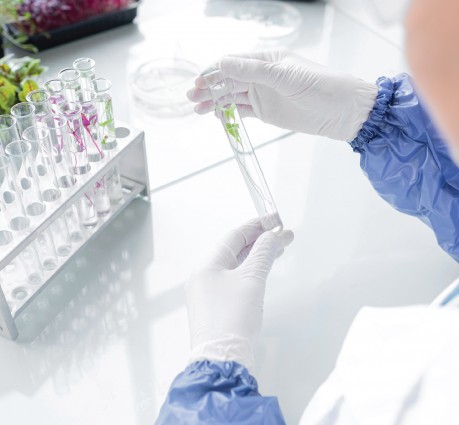The Ph.D. in Genetics and Plant Breeding at Rabindranath Tagore University is a minimum 3-year doctorate programme that gives students advanced subject knowledge of entomology. For those looking to leave academia, a Ph.D. in Genetics and Plant Breeding is a fantastic option. Even individuals who desire to work for themselves can have trouble finding employment. But a PhD will equip them with the knowledge and abilities to work in a non-academic profession. A Ph.D. will make you more distinct from the competition. Your employability will improve as a result of your talents, which will raise both your position and your income. You will also have greater opportunities in the areas of extension, teaching, and research.
Duration of programme
Level of Study

Traits are selected and purified via self-pollination generations.
Preserve diversity for resilience and adaptability.
Train in germplasm evaluation and genetic material study.
Teach ethical awareness in plant biotech.
MSc. (Ag.) in Genetics
Plant Breeding with 50%